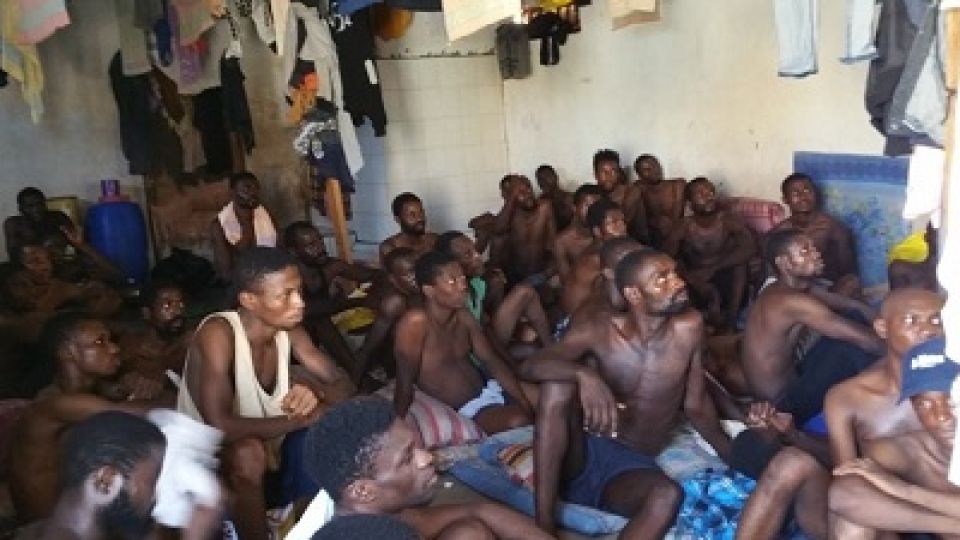from AHMED ZAYED in Tripoli, Libya
Libya Bureau
TRIPOLI, (CAJ News) – DISTURBING reports have emerged of the killing, rape, sexual abuse, assault and denial of necessities to refugees, asylum seekers and migrants detained in Libya.
Women and children are among the victims at the Abu Salim and Ain Zara detention centres in the capital, Tripoli.
Thousands of people continue to be arbitrarily detained.
Médecins Sans Frontières (MSF or Doctors Without Borders) reported witnessing the violations and documented the living conditions and abuses inside.
MSF ended medical activities in Tripoli in August.
“We continue to be horrified by what we saw in Abu Salim and Ain Zara detention,” said Federica Franco, MSF head of mission for Libya.
“People are utterly dehumanised, exposed every day to cruel and degrading conditions and treatment,” the official said.
According to MSF teams who provided medical care in the centres, mass and indiscriminate violence was frequently used by guards, often as a punishment for disobeying orders, requesting medical care, asking for extra food or in retaliation to protests or attempted escapes.
In Abu Salim, where only women and children are held, women were quoted as detailing how they were subjected to strip searches, intimate body searches, beatings, sexual assault and rape.
These abuses are blamed on guards but also by mostly armed men brought in from outside the detention centre.
In Ain Zara, detained MSF said it was told about practices of forced labour, extortion and other human rights abuses, including the deaths of at least five people due to violence or lack of access to lifesaving medical care.
MSF teams documented 71 violent incidents that occurred between January and July 2023, with medics treating injuries including bone fractures, wounds on arms and legs, black eyes and impaired vision.
At detention centres, hundreds of people are reportedly crammed into overcrowded cells such that they are forced to sleep in a sitting position, with sewage spills from overflowing septic tanks and clogged toilets.
There is insufficient food and inadequate water to drink or wash with.
“Combined with the awful conditions, this has contributed to the spread of infectious diseases such as acute watery diarrhoea, scabies and chicken pox,” Franco said.
People held in Abu Salim and Ain Zara have reportedly been regularly denied access to lifesaving medical care and humanitarian assistance.
MSF teams reported being denied access to both detention centres.
In Abu Salim MSF teams documented more than 62 incidents of interference in their medical assistance.
MSF lost access to Ain Zara in early July and to Abu Salim in August.
These setbacks contributed to the decision to end activities in Tripoli.
The appalling situation in Libya’s detention centres is blamed on Europe’s harmful migration policies aimed at preventing people from leaving the North African country forcefully returning them.
A report by the International Office for Migration (IOM) shows how climate change acts as a threat multiplier, exacerbating the vulnerabilities of migrants in their countries of origin and in Libya.
The data suggests that climate-related events are indirect migration drivers through their negative impact on local economies and workers, particularly those reliant on agriculture.
IOM revealed 25 percent (2 418) migrants interviewed had experienced at least one climatic shock or stressor in the year prior to migrating to Libya and 15 percent estimated that this shock had had a severe impact on their wellbeing, for example on their food consumption and income levels.
– CAJ News

